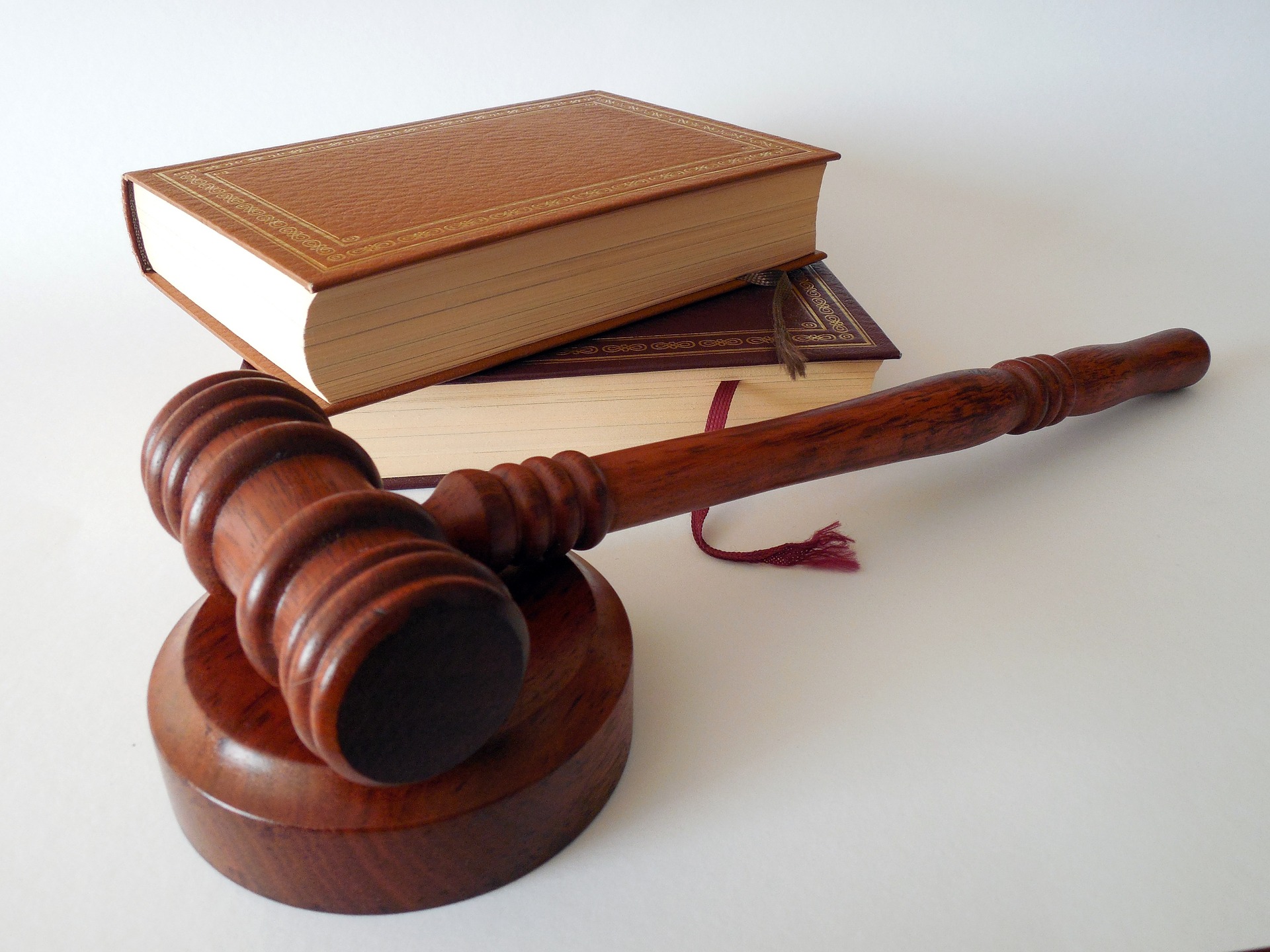
The rules of evidence are voluminous and complicated. There are so many rules and so many exceptions and so much gray area that it does get frustrating. Generally speaking, family law judges have been known to let evidence slide by more than other judges, but it certainly helps the practitioner to be as familiar with the evidence code as possible.
Section 90.03 Florida Statues
Section 90.803 Florida Statutes creates a hearsay exception for records of regularly conducted business activity. The exception makes it possible to introduce relevant evidence without the necessity of testimony from all persons having a part in a documents preparation, as long as the records custodian testifies or a certification or declaration accompanies the documents. To secure admissibility under this exception, the proponent must show that: (1) the record was made at or near the time of the event; (2) was made by or from information transmitted by a person with knowledge; (3) was kept in the ordinary course of a regularly conducted business activity; and, (4) that it was a regular practice of that business to make such a record.
Additionally, the proponent is required to present this information in one of three formats. First, the proponent may take the traditional route, which requires that a records custodian take the stand and testify under oath to the predicate requirements. Second, the parties may stipulate to the admissibility of a document as a business record. Third and finally, since July 1, 2003, the proponent has been able to establish the business records predicate through a certification or a declaration that complies with Sections 90.803 and 90.902 Florida Statutes. “It is important to note that the authenticating witness need not be the person who actually prepared the business records. Rather, the witness just needs to be well enough acquainted with the activity to provide testimony.” Cayea v. Citimortgage, Inc.
Exception for Public Records
Section 90.803 Florida Statutes creates a hearsay exception for public records. In order to qualify for this exception, the author of the document must have had a duty to observe the circumstances and a duty to make a report about those circumstances. The author of the report must have also had first-hand knowledge of the circumstances contained in the report. Thus, where a government investigative report is based on statements of opinion or evaluations by a public official, the report will be inadmissible to its reliance on statements of non-government witnesses.
The first-hand knowledge requirement for both exceptions may mean that a Department of Children and Family report is inadmissible. Where the author of a report simply related the substance of what various witnesses had told the author, the report was found to be inadmissible hearsay because the witnesses’ statements did not fall within any hearsay exception and the author had no personal knowledge of the facts of those statements. Accordingly, neither the business records nor public records exceptions will apply. However, if the author of the Department of Children and Families report did have personal knowledge of the facts contained in the report, and record custodian testifies, the report will be admissible under the business records exception to the hearsay rule.
Kenny Leigh and Associates is a law firm that exclusively represents men in the area of family law. For more information, go to divorcemenonly.com.



